read also
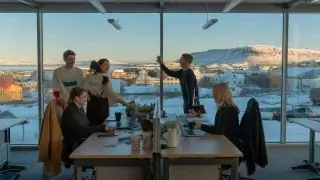 Iceland’s Four-Day Workweek Five Years On
Iceland’s Four-Day Workweek Five Years On
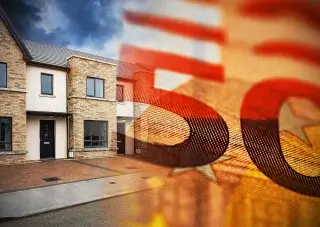 Mortgage Approvals in Ireland Slump Sharply in January
Mortgage Approvals in Ireland Slump Sharply in January
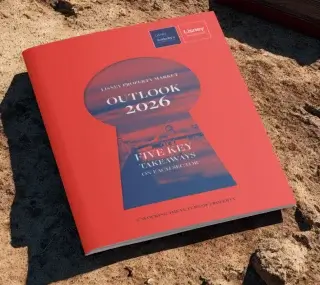 Lisney Property Market Outlook: Irish Property Market Poised for Steady Growth in 2026
Lisney Property Market Outlook: Irish Property Market Poised for Steady Growth in 2026
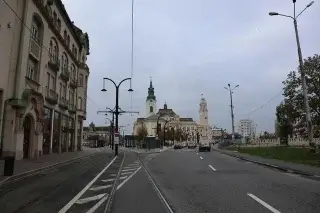 Inflation in Romania Slows to 9.6% but Remains Above Forecast
Inflation in Romania Slows to 9.6% but Remains Above Forecast
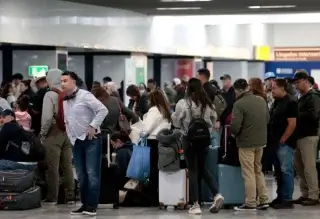 Riots in Mexico Disrupt Air Links to Resort Destinations
Riots in Mexico Disrupt Air Links to Resort Destinations
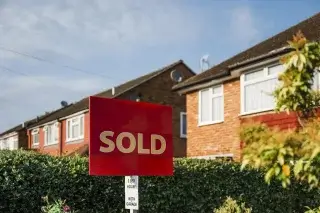 UK House Prices Stabilise After 2025 Slowdown
UK House Prices Stabilise After 2025 Slowdown
Unauthorized construction in Serbia promises to be legalized
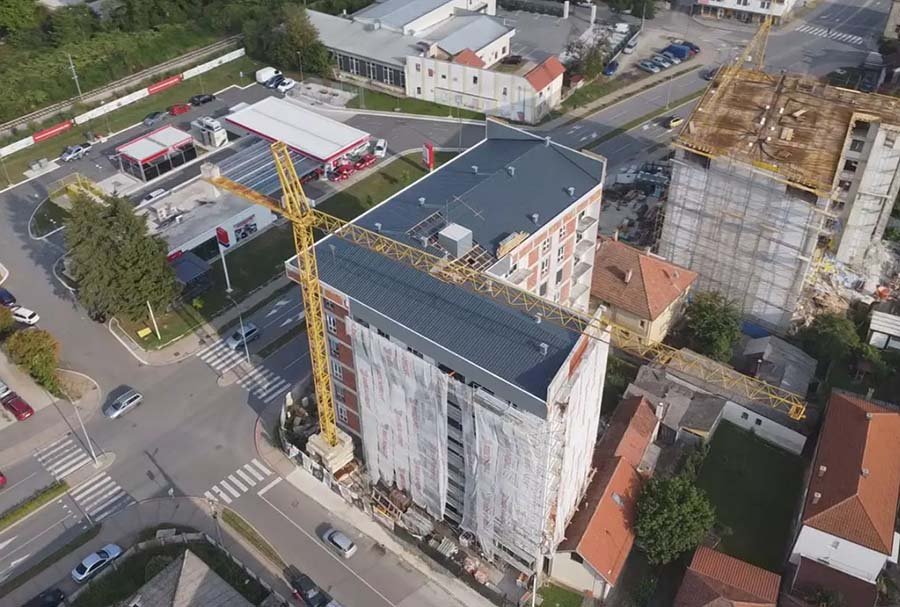
Photo: Vreme
Serbian President Aleksandar Vučić has presented the draft law “Finally Own Your Own”, aimed at legalizing millions of unauthorized constructions. This is the largest real estate reform in recent decades, reports Vreme, though doubts remain about the feasibility of its implementation.
Documents for €100
There are 4.8 million illegally constructed properties in the country. Vučić stated that decades of chaotic construction left millions of citizens without title deeds and the state without a clear land registry record. The new draft law is expected to change this situation by introducing simple rules and affordable fixed fees. About 70% of properties could be legalized for just €100. For large and prestigious apartments, the maximum fee will be €1,000. As an example, the president mentioned a 200 sq. m apartment on Terazije Square in central Belgrade, for which the maximum amount would apply.
The name of the law was not chosen by chance. Vučić emphasized that “Finally Own Your Own” reflects the idea of individual rights and fairness: every citizen should have the opportunity to officially secure their housing. The symbolic fee of €100 is meant to make the process accessible to most families and encourage mass participation.
The authorities promise to make the procedure as simple as possible: applications will be available both online and on paper. After submission, the property will be entered into a digital database, with verification handled by the spatial planning agency and local land registry. Vučić assured that title deeds would be issued within 60 days of application. The campaign is planned to be completed by New Year. According to the president, quick results will be the main criterion for public trust in the reform.
Buildings constructed on someone else’s land, as well as those located in protected zones—national parks and other territories with special status—are excluded from the new rules. Such properties will be subject to expropriation or demolition. Authorities stress this as a matter of principle: they are ready to forgive everyday unauthorized housing, but not violations affecting nature or private landowners.
The Serbian real estate sector has long been associated with corruption. One of the most notable examples is the case of Nemanja Stajić, former secretary of Belgrade’s legalization office. Investigators allege that since 2021, he facilitated illegal deals that brought multimillion-euro profits to his circle. Although the investigation lasted several years, the arrest only took place after Vučić publicly declared a “decisive fight against corruption.” In September 2025, Stajić and his brother were released on €1 million bail. The episode became a symbol of systemic problems and a reminder that corruption has undermined trust in real estate for decades.
Skepticism and risks
Journalists who reviewed the draft law point out that the process is unlikely to proceed as quickly as Vučić announced. Municipalities must prepare zoning plans and mark all properties that qualify for the new procedure. Potentially, this involves millions of new registrations, making completion by year-end impossible. There are doubts that the process could even be finished in the coming years.
Discussions about the €100 fee and simplified procedures, according to observers, distract from more serious issues. The main question is why the previous 2015 law with the same goals failed to solve the problem, while the number of illegal constructions only grew over the past decade. There are no guarantees that the new initiative will not lead to the same outcome. Concerns remain that developers close to the authorities might once again be prioritized, turning the law into a tool for enrichment through the sale of illegal apartments built with questionable funds.
BIRN previously uncovered half a million illegally legalized square meters in Belgrade, despite being ineligible for registration under the law. The question of who guarantees that this will not happen again remains open. Observers note that many key political figures remain the same—Vučić, Finance Minister Siniša Mali, Aleksandra Sofronijević — while only a few officials, such as Zorana Mihajlović or Goran Vesić, have changed.
Critics also highlight risks linked to the law’s future implementation. Already, owners of illegal constructions may try to legalize buildings or start selling apartments not yet built, hoping for registration under the new rules. The draft even contains provisions for registering properties located in national parks, with proposed fees of €2,000 for apartments and €10,000 for buildings over 200 sq. m. The question arises: who will benefit — “godfathers, relatives, friends, and financiers of the ruling group” or bona fide citizens?
Skeptics stress that while honest homeowners spent years meeting requirements, obtaining permits, and paying taxes, they looked like “conscientious fools” compared to those who built without documents and later achieved legalization through loopholes and corruption schemes. The concern is that the new reform may reinforce this sense of injustice if its implementation again favors a narrow elite rather than the majority. For investors, the Serbian market remains unattractive due to low profitability and corruption risks.
Подсказки: Serbia, real estate, unauthorized housing, legalization, Vucic, property market, reform, land registry


